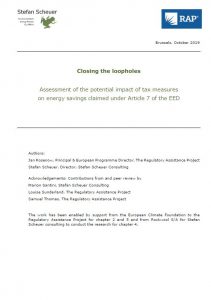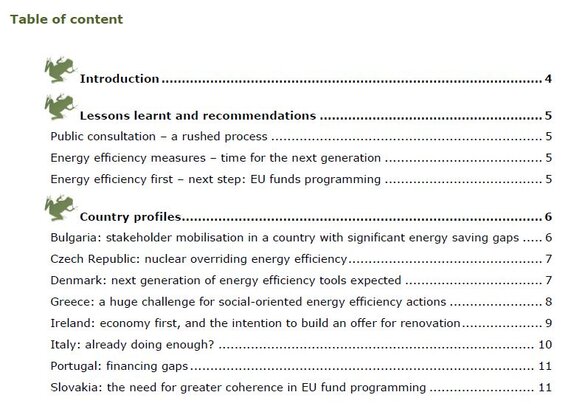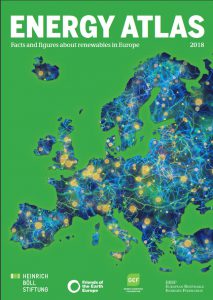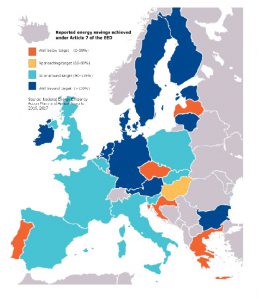How to finance Citizen-led Renovation?
https://www.stefanscheuer.eu/wp-content/uploads/2021/10/CLR-financing-guide-p1_title.jpg 617 818 Almut Bonhage Almut Bonhage https://secure.gravatar.com/avatar/a3d1000d4d9fc174801655823d6ddab4?s=96&d=mm&r=g
This financing guide aims at providing orientation and an overview over the many opportunities on how to finance the development of citizen-led renovation programmes.
The political context for citizen-led renovation has changed over the last two years since the start of the project. These are the key elements providing new opportunities:
- In 2020 the EU Climate Law establishes new climate targets, climate neutrality by 2050 and 55% greenhouse gas emission reduction by 2030.
- The Fit for 55 package includes several provisions that aim at an increase of energy renovations of the existing buildings stock.
In particular, the proposed EED recast increase the energy efficiency target ambition level and strengthens target governance. Buildings will play an important role to achieve these goals. For a first time, the Commission proposal acknowledges the role of energy communities in the legal provisions.
Furthermore, the Fit for 55 package proposes a new ETS for the buildings and transport sector which would be linked to a new Social Climate Fund to manage negative social impacts of higher energy prices. - The 2021-2027 EU budget foresees several instruments that can be used to finance the renovation wave. At least 30 per cent of both Multiannual Financial Framework (MFF) and Next Generation EU (NGEU), or 547 bn Euro, must be spent for climate purposes.
- Cohesion and structural funds already applied climate action earmarking during the last budget period. This has been strengthened in the new MFF 2021-2027 and was extended to all regions, including high GDP ones.
- The EU Recovery and Resilience Facility was put in place in order to help the EU to emerge stronger and more resilient from the current crisis. 37% of the funds are ringfenced for climate investment. The Renovation Wave is one of the components that Member States are encouraged to address in their Recovery and Resilience Plans.
- The Commission launched a Just Transition Mechanism as part of the European Green Deal with the Just Transition Fund as an instrument to support the territories most affected by the transition towards climate neutrality.
- The EU supports the energy transition now via the LIFE programme for the environment and climate action. The first call of its subprogramme LIFE Clean Energy Transition was launched in July 2021. It includes several topics that can be used by citizen-led initiatives on energy renovations.
- The European Parliament’s Committee on Industry, Research and Energy (ITRE) has launched a so-called Pilot Project for a “Support service for citizens-led renovation projects”. The publication of the tender is expected later this year.
- The EIB’s ELENA tool continues to cover project development costs for sustainable energy investment programmes.

This document is part of the project ‘Citizen-led Renovation’ by Stefan Scheuer Consulting and REScoop.eu, financed by the European Climate Foundation.
The project aims to develop an innovative approach building upon existing activities by renewables cooperatives. It started in 2019 as a cooperation between REScoop.eu and Stefan Scheuer Consultancy, financed by the European Climate Foundation. REScoop.eu is reviewing the experience of mature retrofitting programmes run by their member organisations in order to encourage the replication of such programmes. Stefan Scheuer Consulting is analysing the policy development at EU level in order to identify ways to improve the policy framework and financial support for citizen-led renovation.
Almut Bonhage: A financing guide for Citizen-led Renovation, October 2021








